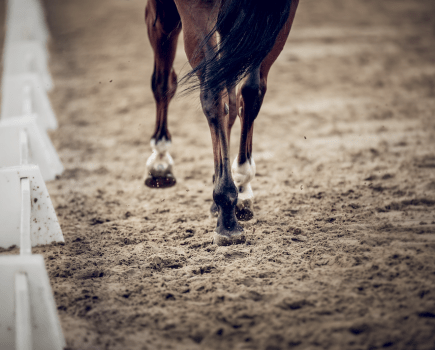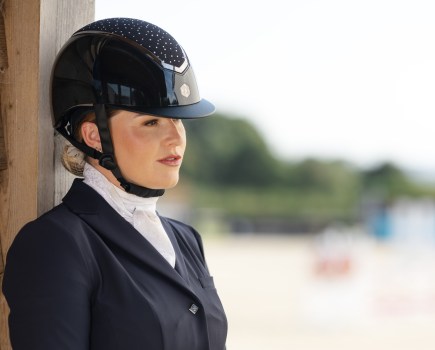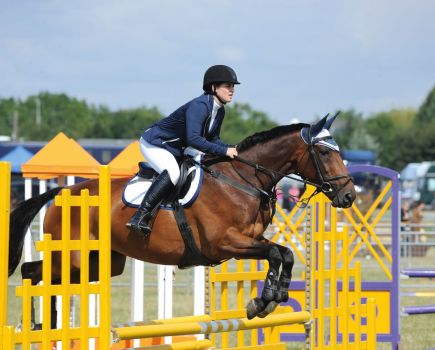A livery yard in Scotland made strangles vaccination an essential part of its yard policy following local outbreaks of the contagious disease, which is the most common equine infectious disease affecting horse health around the world.
Meadowhead Equestrian near Kilmarnock in Scotland is home to around 30 horses and has required all its liveries to be vaccinated against strangles since 2023.
The proactive approach meant that when a new horse tested positive for strangles during its isolation period, despite showing no clinical symptoms, it did not spread to the rest of the yard.
‘It gave us peace of mind’
Yard managers Catriona Balish and Jordan Crowe originally made the decision to vaccinate all their horses due to welfare concerns after a neighbouring yard lost three equines during an outbreak three years ago.
“We have a very close relationship with our vets, MBM Vets in Kilmarnock, and explained to them our concerns,” said Catriona.
“Following extensive conversations about the benefits of the strangles vaccine and its success during local outbreaks it gave us some piece of mind that, should an outbreak occur, we would have fewer symptomatic horses, lower contraction rates and hopefully quicker eradication of the disease.”
The entire yard of horses was vaccinated in October 2023, with additional biosecurity measures also remaining in place, including strict isolation and testing for new arrivals.
‘Devastating’ positive strangles test
These procedures proved vital in November last year, when a new livery horse tested positive for strangles during its isolation period after showing no clinical symptoms.
“Following the diagnosis, we went straight into lockdown, with no horses moving on or off the premises,” said Catriona. “I was devastated when the positive result came back. You never think it will happen to you.”
Strangles is a highly infectious condition caused by the bacterium Streptococcus equi and it affects a horse’s upper respiratory tract.
Catriona explained that it is not only the physical impact of the disease that takes its toll, but also the stigma surrounding strangles, which made life especially difficult for the business owners.
“We followed the procedures recommended by our vets which included the ongoing isolation of the affected horse, footbaths, minimal contact and temperature monitoring,” she said.
The importance of vaccination
Thanks to the centre’s proactive strangles policies, there was no spread of the disease among the rest of the horses on site.
Catriona stressed the importance of vaccination and encourages horse owners to have the discussion with their vet.
“This whole experience has shown me how important vaccination is. I was extremely thankful that the rest of our yard was vaccinated,” she said.
“It doesn’t give total protection, but it reduces the risks and the severity if a horse does get strangles.”
Main image supplied by Meadowhead Equestrian
Related content
- Strangles in horses: equine vet explains how to prevent, manage and treat this contagious disease
- Strangles bacteria lingers on webbing headcollars and tack much more easily than leather
- Norfolk horse charity restarts rehoming scheme after strangles outbreak forced shutdown
- New RVC study advances “knowledge around strangles transmission significantly”







